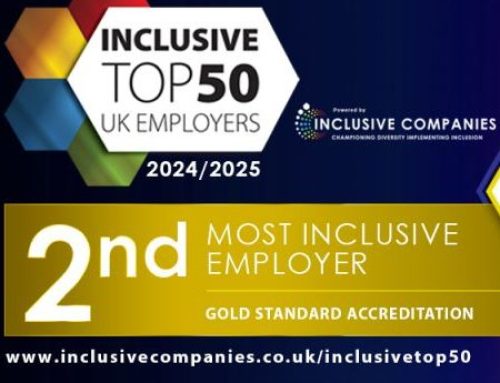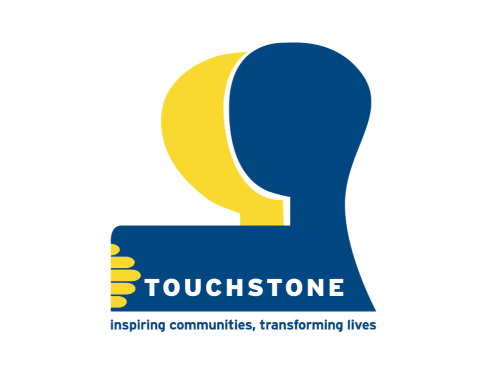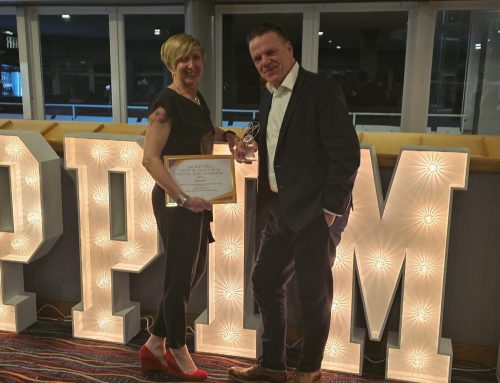A few months ago, Arfan was involved in a national roundtable discussion hosted by the Civil Society discussing ‘Co-Design’ and ‘Co-Production’ and what these terms mean in reality. See below an excerpt from the article:
After this year’s Charity Awards, Charity Finance invited a group of charities whose applications highlighted their commitment to co-production and co-design to share their experiences and learning. Tania Mason listened in.
A strong theme that emerged from the entries to the Rathbones Covid-19 Response Award at the 2021 Charity Awards was co-production: designing and implementing services in collaboration with people who have lived experience of the cause. It’s a theme that has become more prevalent in Charity Awards applications in recent years, but it was heartening to note how many charities ensured that this crucial part of the process was maintained despite the urgency of their pandemic response.
Charity Finance and our overall Charity Awards partner Rathbone Investment Management were keen to find out more about what co-production really means in terms of services, and also how it pertains to fundraising, so we invited some Awards applicants to join an online discussion.
The use of language was also raised by Arfan Hanif, chief executive at Touchstone, the Yorkshire mental health charity which was recognised in the Charity Awards for its Touchstone Loves Food programme which used food deliveries as a Trojan horse to reach people suffering from mental ill health during lockdowns.
“Co-production is embedded into our business,” he says. “We employ a co-production staff team who are part of the Leeds Mental Wellbeing Service, and we have service user consultants who are paid. And our current chief executive, ie me, is born of lived experience – I am a survivor of the mental health system and am currently a mental health service user. We have many staff who have that lived experience, and that’s where our strength comes from as an organisation.”
Hanif insists that employee representation is key to achieving genuine co-production. “We employ around 250 staff across 30 different mental health services, and around 40% of them come from Black and minority ethnic backgrounds, because it is important that we represent the community that we serve. Around 20% of our staff are also LGBT, including half of our senior management team. We’re very proud of that as an organisation.” Touchstone also works with local prisons to provide employment and volunteering opportunities for ex-prisoners.
However, Hanif professes that he is “not a fan of co-production”, as it is language that comes from the system.
“When I came to Touchstone many years ago as an employee, in the interview they asked me ‘what’s your understanding of co-production?’ I didn’t really know. Language like co-production and equalities and inclusion is the language of the system, not my language or the language of my communities.”
– See more at: https://www.civilsociety.co.uk/finance/better-by-co-design-the-benefits-of-co-production.html#sthash.VWFEkCFH.dpuf





